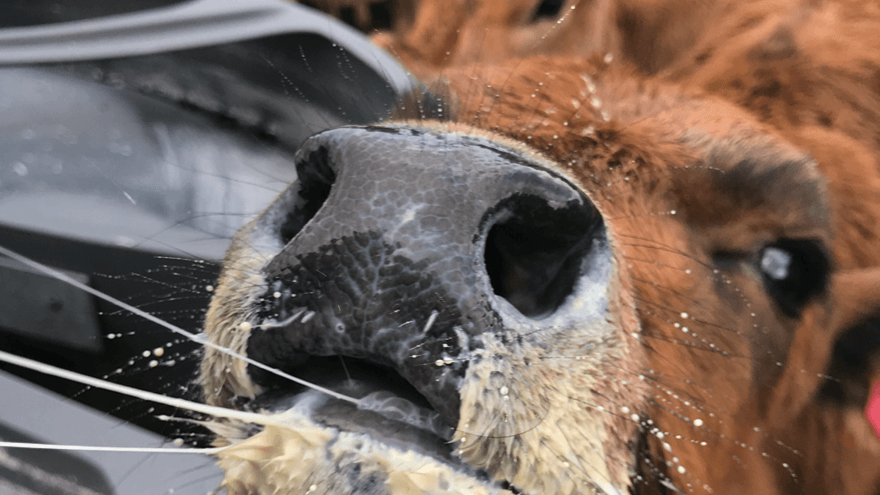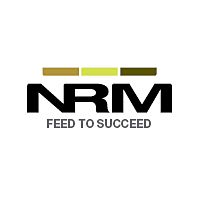
Calf rearing: Getting the basics right
It is easy to overcomplicate the calf rearing process but focusing your efforts on getting the basics right will reduce stress and maximise chances of success.
Let’s start with a colostrum management plan. Straight after birth calves need good quality gold colostrum. Transition milk has insufficient immunoglobulin levels. If this opportunity to build calf immunity is missed, health issues can arise as calves rely on the immunoglobulins absorbed from colostrum for disease protection while developing their own immune system.
It is important to ensure any transition or waste milk is being stored properly to prevent spoilage. If moving from whole milk to milk replacer, provide an appropriate transition period and note any calves struggling with the change. An unwell calf can be given an electrolyte to help support them through the transition. Be sure to check the electrolyte label as some fed too close to a milk feed may cause digestive upset.
Offer a good quality starter meal to calves early in life as this helps to stimulate rumen development in preparation for weaning. NRM offers a range of well-balanced calf feeds with good palatability. Put fresh calf meal out each day and keep troughs clean.
It is best to keep calves on compartment feeders for as long as possible. When changing to open feeders, watch calves at feeding time and pull out any that are not doing well. Group smaller and slower sucking calves together so they get a fair chance.
Calves reared in New Zealand face many challenges so it helps to minimise change and stress wherever possible. If you’re
making a critical change, do it slowly and don’t load one stress on top of another.
Monitoring shed health is another vital part of the calf rearing process. If shed condition is deteriorating, health issues will arise. A wet calf is compromised, so ensure bedding is dry and clean. Implement a regular spraying regime with a disinfectant in the calf shed. If you can smell ammonia in the calf shed there is a risk of respiratory illness. Fresh air must be circulating through a shed but no draughts should be felt at calf height.
Always be proactive about calf health by taking the time to watch calf behaviour and react quickly if something is wrong. This includes completing health treatments such as disbudding, vaccinations and drenches on time.
Both PGG Wrightson and NRM have a team knowledgeable in animal nutrition and health who are here to assist you during calf rearing so do not hesitate to reach out for advice.
For more information about the NRM product range, visit your local PGG Wrightson store.



